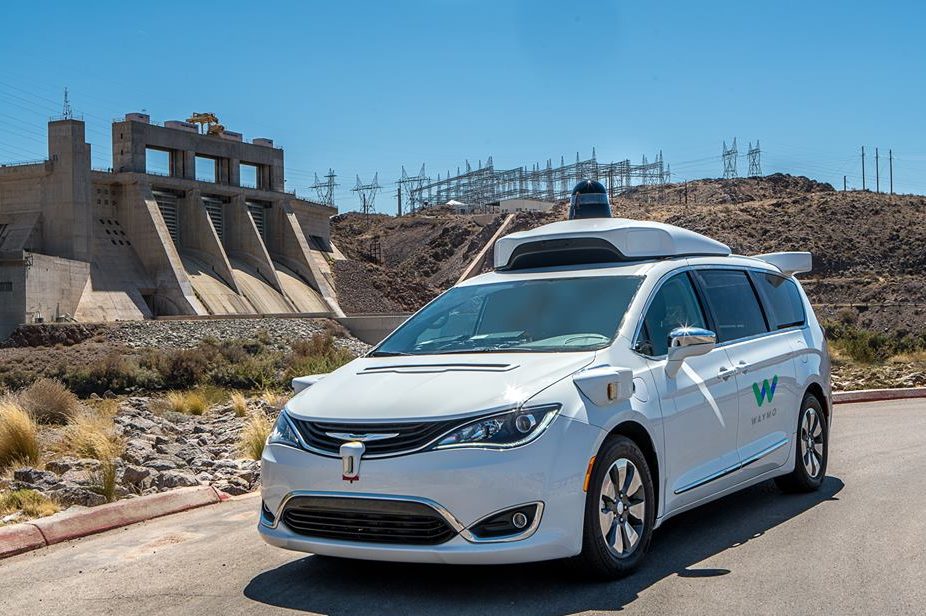Hertz and Avis Prep for Future With Self-Driving Car Partnerships

Skift Take
Car rental companies have had a rough couple years. The popularity of ridesharing has led to a decline in car rentals, and the industry has struggled to adapt. Recently, this has taken the form of companies reducing the size of their fleets to compensate for decreased demand.
Hertz Global Holdings and Avis Budget Group held their second quarter 2017 earnings calls in early August, detailing an emerging focus on fleet management services with the promise of self-driving vehicles entering the mainstream.
Hertz has partnered with Apple to provide the tech giant with cars to test its automated driving technology through its Donlen fleet leasing and management division, while Avis has entered a partnership with Alphabet's Waymo division to provide similar services.
The true promise of these partnerships, however, will likely appear sometime in the next decade.
"If you look into the future of autonomous driving, which I do think is eight to 10 years out...no matter what, you have to be really great at managing a fleet and you have to have the assets that make you really great at managing a fleet," said Kathryn V. Marinello, CEO of Hertz. "And the good news for us is, the better we are around doing that and the more time and money we spend to invest in that, not only do we create enormous goodness within our current business, but it really does position you for winning down in the future."
Hertz's previous CEO stepped down late last year after several weak earnings reports, and the company — which includes the Dollar and Thrifty rental car brands — still doesn't expect to be profitable for more than a year. Revenue in the second quarter was $1.5 billion, down 4 percent year-over-year, and the company's stock has tanked since 2014.
Working with automated vehicle companies won't exactly save car rentals, but it shows a renewed focus on preparing for the future. Car rental companies have decades of experience servicing and managing their fleets of cars, so these partnerships make sense at this early stage when Apple and Google are experimenting with their technology.
Since automated cars will be on the road much more than your average vehicle today, they'll likely need more service. Hertz and Avis also have customers and locations around the world, which could one day help quickly scale the deployment of automated vehicles.
Larry De Shon, Avis Budget Group's CEO and chief operating officer, said that while the company is just starting its partnership with Waymo, the company is thinking about how that part of its business could grow in the future.
"We'll be doing interior cleaning, exterior cleaning, oil changes, managing defective parts for them, replacing parts and so forth, storage of the vehicles, protecting the vehicles, and a host of other things," he said. "And as that partnership hopefully grows, we're certainly open to discuss anything else from a fleet management perspective that they would like for us to do. And we're also taking a look at other opportunities to provide fleet management as a service going forward."
De Shon continued: "This is a true core competency of this organization, something we're going to look to leverage as we go forward... and as we get more opportunities to do this for more companies going forward, then we'll have a better feel for its overall contribution to the company."
Avis, which has a portfolio that includes Budget Car Rental, Apex Car Rentals, and Payless Car Rental, also posted weak returns in the second quarter after missing its forecasts. The company earned $2.2 billion in revenue, flat year-over-year, and just $3 million in profit, a 90 percent decrease year-over-year. As these companies have moved to sell off cars they don't need, the glut of available vehicles have dropped the prices they sell for, essentially increasing costs. Pricing seems to have turned around and is now creeping higher, according to De Shon, although it declined 5 percent year-over-year in the quarter.
Now that they've sold off their excess vehicles, both companies are looking to stage a big turnaround. In a competitive ground transportation market, however, it's unclear they'll be able to pull it off. With automated cars still a decade away from being widely deployed, and ridesharing usage continuing to grow, the future for car rentals remains uncertain.




